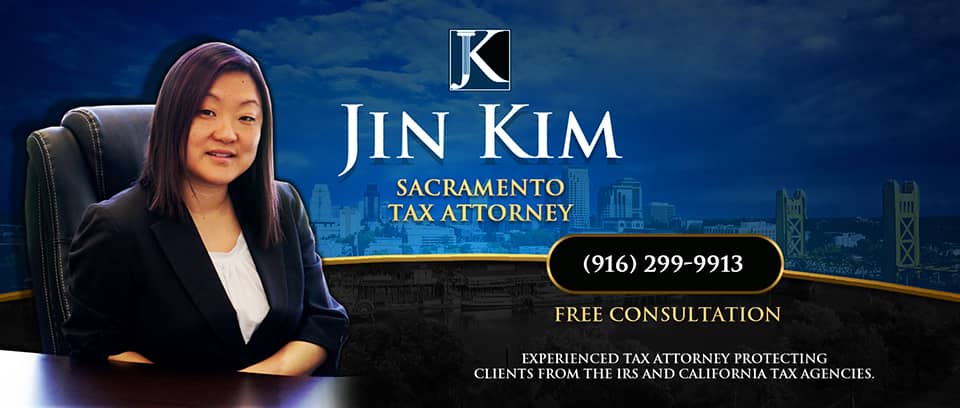As a general rule, the time period within which assessments may be made is three years from the date that the return was filed.
If a return was filed early, this time period is reckoned from the due date of the return, not the date that the return was actually filed.
Exceptions to the General Rule
As with any general rule, there are exceptions. Of course, in extraordinary circumstances, the Internal Revenue Code (IRC) does give the IRS authority to shortcut the procedure whenever collection is endangered, including the possibility of the statute of limitations running out by conducting a summary assessment. Other than these, there are other exceptions to the general three-year time period under the IRC. Moreover, there are instances in which the statute of limitations is tolled allowing the IRS more time to collect delinquent taxes.
Extension by Consent
The three-year assessment period may be extended if both the Service and the taxpayer agree to an extension. This is done through a form duly filled up and submitted, which form must be executed before the three-year period expires.
Obviously, it would be to the detriment of the taxpayer to consent to such an extension, and that is why the IRC requires that the taxpayer be notified of his right to refuse the extension request, or that the extension only be limited to particular issues or only for a specific period of time.
In any case, at no point should such consent to extension by the taxpayer cover estate taxes, which are specifically excluded by the IRC.
False or Fraudulent Returns; Willful Attempt to Defeat or Evade Tax; No Return Filed
In any of these instances, assessment may be made at any time – the statute of limitations does not apply.
This is true in circumstances where the taxpayer is at fault:
- When he filed a false or fraudulent return;
- When he willfully attempted to defeat or evade tax;
- When he did not file a return
The taxpayer can negate any of the above-cited instances where he is alleged to be at fault by showing that he filed a return that:
- Contains sufficient data to calculate his tax liability;
- Purports to be a return;
- Evidences an honest and reasonable attempt to satisfy the requirements of tax laws; and
- Was executed under penalties of perjury
Substantial Omissions
The general three-year time period for making an assessment may be extended to six years if there is a showing that the taxpayer made a substantial omission of income or any other item from his return. This does not apply to any items actually disclosed in the return, whether in an attached statement or in any other manner sufficient to inform the IRS of the said item.
The omission is considered “substantial” if it exceeds the amount stated on the return by 25 percent.
Carryback
If the taxpayer availed of a carryback provision that allowed him to “carry back” his losses to a previous taxable period, the deficiency assessment may be assessed for the period for the taxable year which produced the carryback.
Undisclosed Listed Transactions
Should the IRS identify a transaction as a “listed transaction,” or a transaction that is substantially the same as any of the types of transactions identified by the IRS (whether in regulations, notices, or any published guidance) as a tax avoidance transaction, and that listed transaction was not disclosed by the taxpayer, the IRC provides an extension to the general three-year time period for assessments.
The three-year period is then extended to one year after the earlier of:
- The date when the taxpayer furnishes information on his listed transaction; or
- The date that the material advisor furnishes, upon written request, to the IRS, information related to the listed transaction.
that the time period for assessment shall not expire before a year after the earlier of:
- The date on which the Secretary was furnished information regarding the transaction; or
- The date on which a material advisor
- What is the Trust Fund Recovery Penalty? - August 25, 2022
- CDTFA Notice of Levy - August 8, 2022
- The Statute of Limitations on Deficiency Assessments - June 2, 2022

Leave a Reply